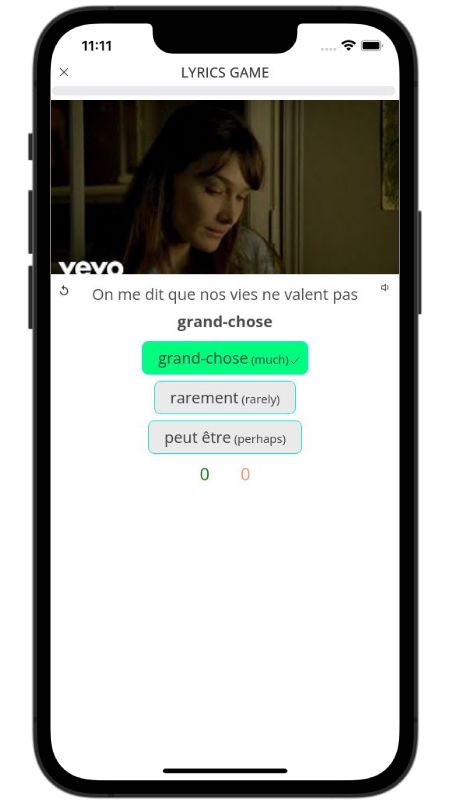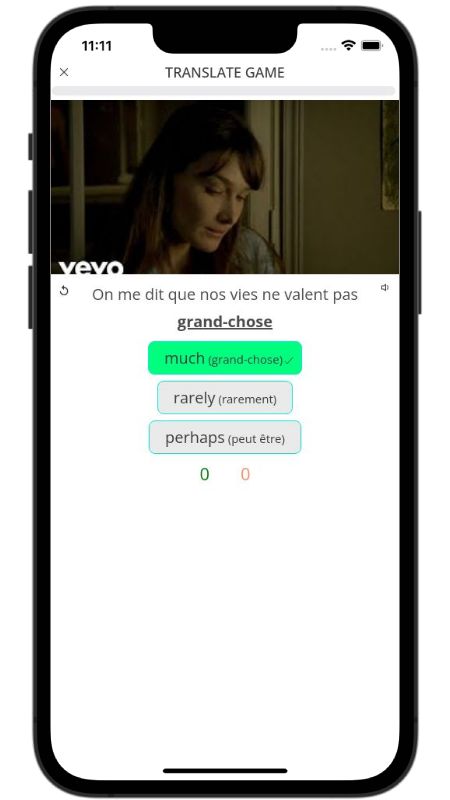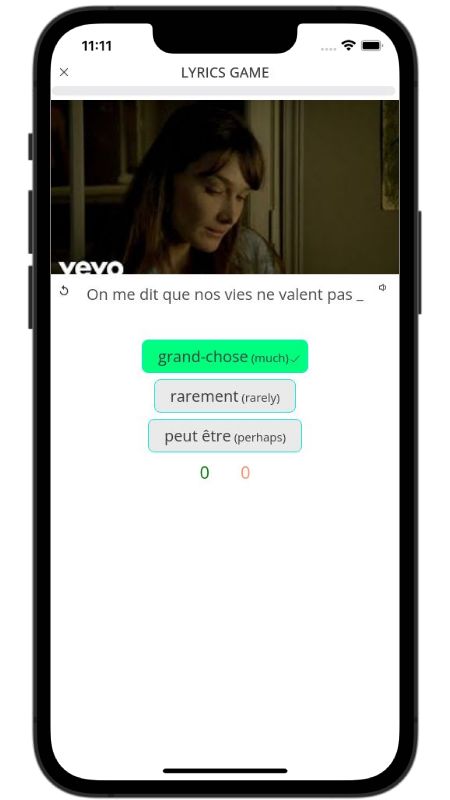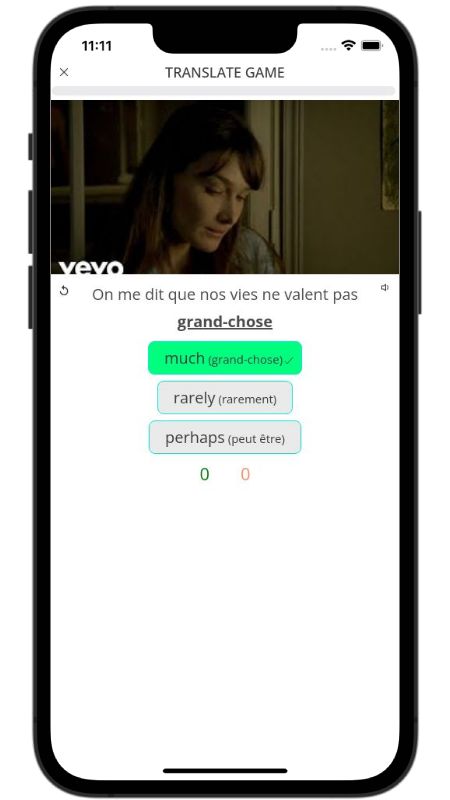L’imbécile Lyrics in English Clio
Below, I translated the lyrics of the song L’imbécile by Clio from French to English.
I'm coming home a bit late
A bit later than last night
Almost this morning
Disheveled maybe
But I didn't party
I just hung around
I was fine outside
And I even bumped into
A guy with whom
I talked, I laughed
I watched Paris
And the night fall
Sorry
I know I acted like an idiot
And you weren't there
Deep down
I only looked at the city
With someone other than you
We didn't see time pass
The night flew away
With a snap of the fingers
We had some drinks
And wandered off course
Here and there
He hardly said anything
I barely understood anything
I didn't do it on purpose
Was it just a lapse
A sudden lack of luck
I'll never know
Sorry
I know I acted like an idiot
And you weren't there
Deep down
I only looked at the city
With someone other than you
Anyway
By looking at the city
We ended up
Giving each other a kiss
Next to nothing at all
A tiny little night
I picked the wrong guy
All roads lead to Rome
And here I am again
By the way, don't worry
Just do like me
I'm already forgetting him
Sorry
I know I acted like an idiot
And you weren't there
Deep down
I only looked at the city
With someone other than you
Sorry
I only looked at the city
And you weren't there
Deep down
I know I acted like an idiot
With someone other than you
Sorry
I only looked at the city
And you weren't there
Deep down
I know I acted like an idiot
With someone other than you
Lyrics and Translations Licensed & Provided by LyricFind
Did you like these lyrics?
Did you know?
In addition to reading lyric translations, you can now learn French with music and lyrics from your favorite artists.
No more boring lessons. You can now learn with engaging and culturally relevant lyrics from the best artists.
Apple and App Store are trademarks of Apple Inc.
Google Play and the Google Play logo are trademarks of Google LLC.









